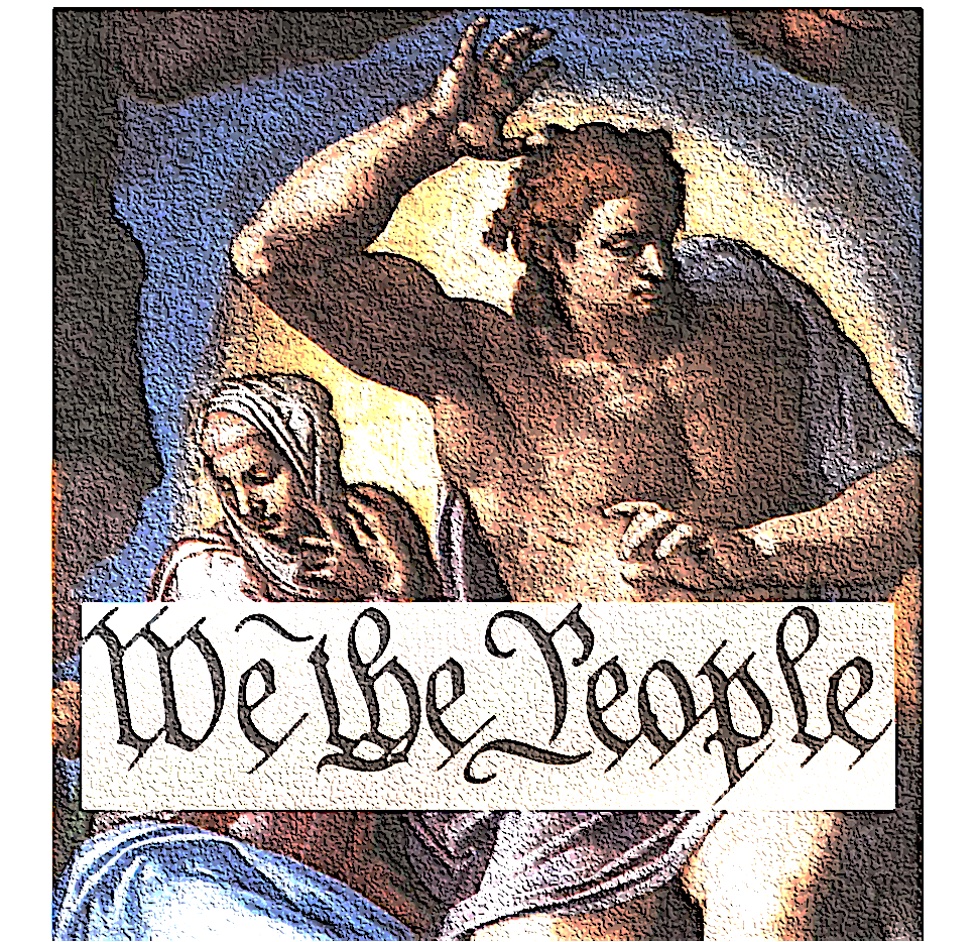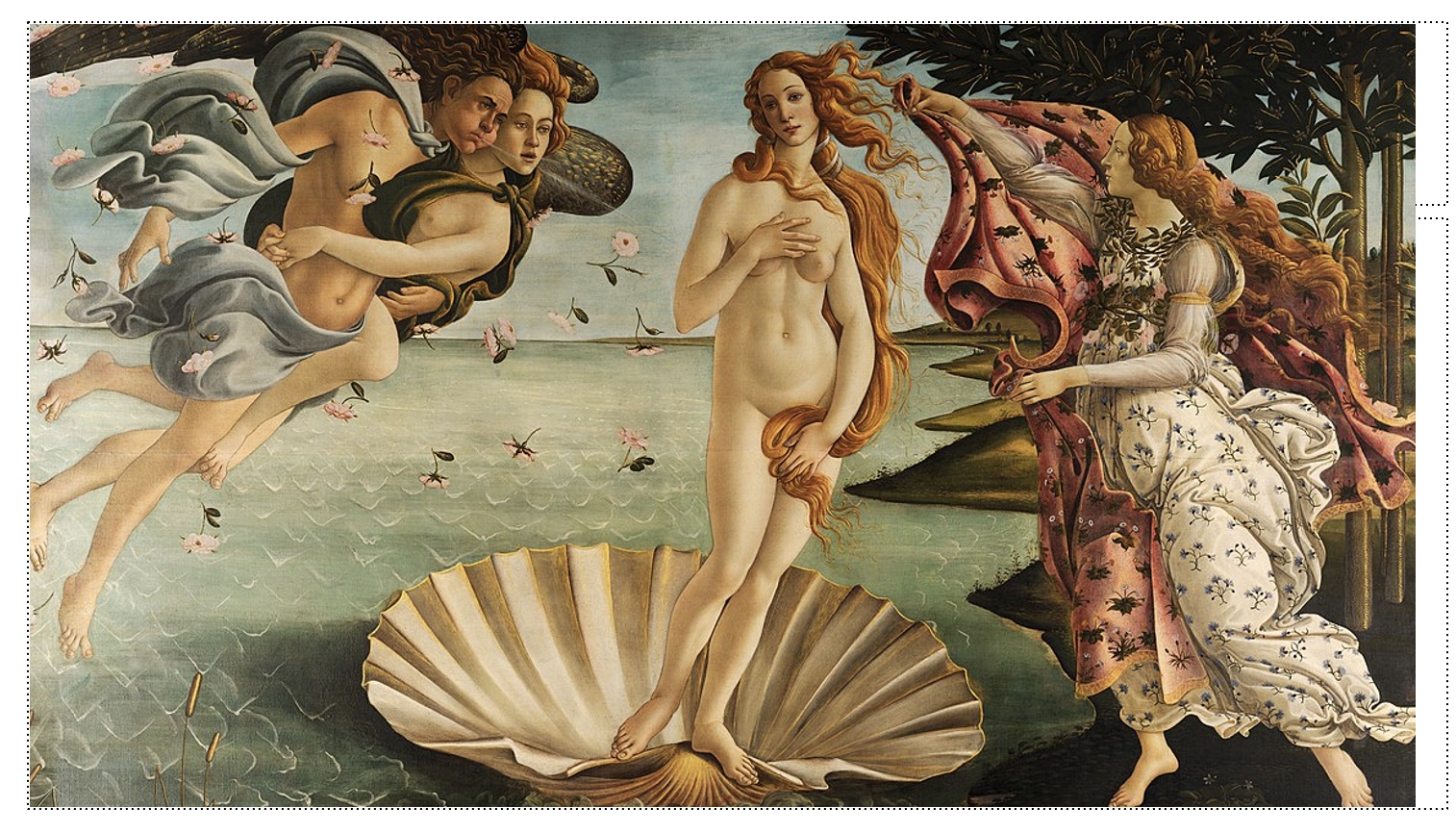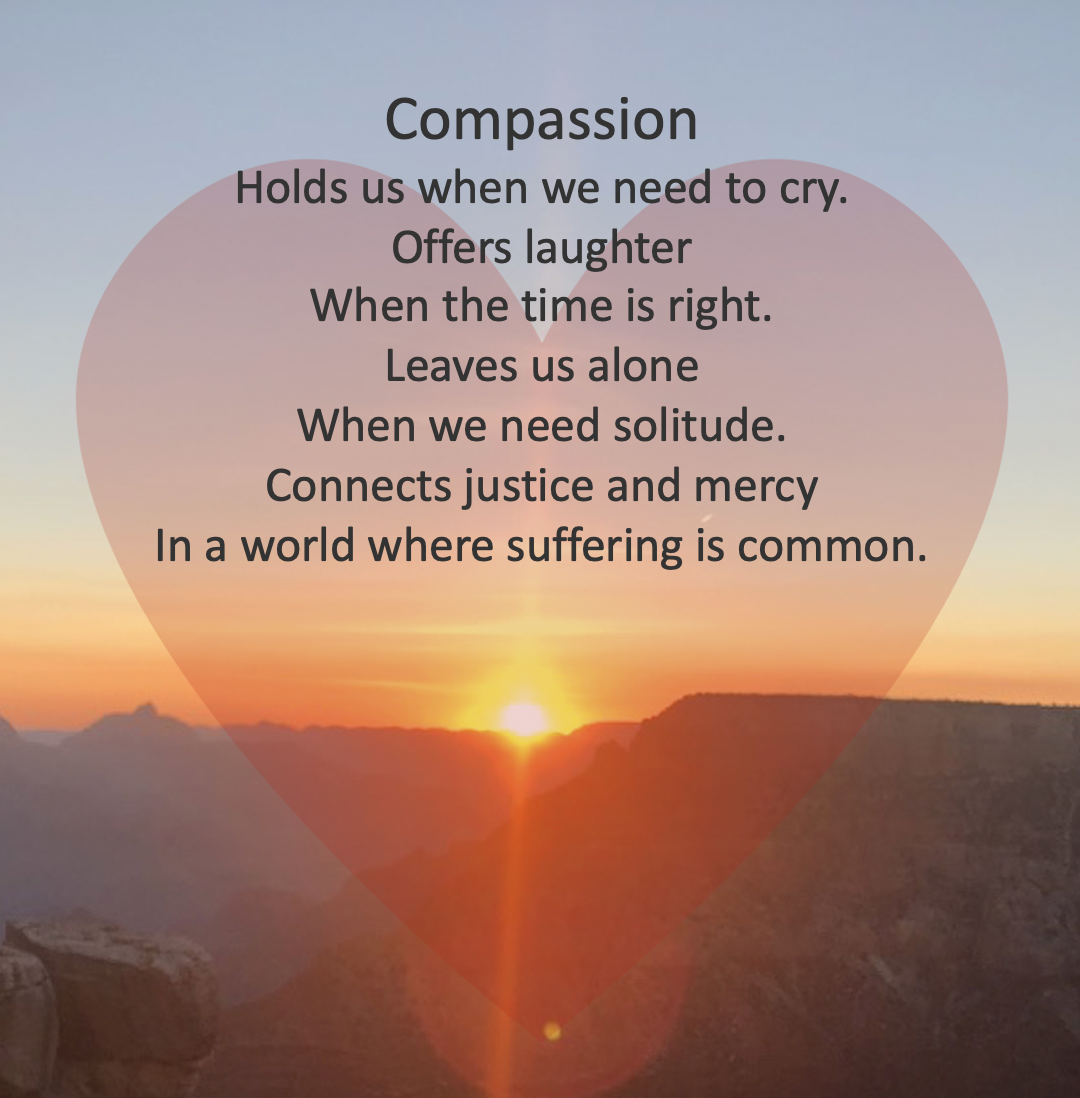Alabama has crafted legislation that will allow in vitro fertilization (IVF) to commence again, in response to a February ruling of the Alabama Supreme Court that shut it down. That’s promising for folks who want to use IVF technology to become parents.
But the court’s reasoning reminds us of the need to reaffirm the basic idea of separation of church and state.
In his concurring decision, the chief justice of the Alabama Supreme, Tom Parker, cited the Bible, as well as Thomas Aquinas, John Calvin and other Christian theologians to support his claim that “all human beings bear God’s image from the moment of conception.”
He concluded, “Human life cannot be wrongfully destroyed without incurring the wrath of a holy God, who views the destruction of His image as an affront to Himself.” And “Even before birth, all human beings bear the image of God, and their lives cannot be destroyed without effacing his glory.”
Some Christians will agree. Various Christian communities, including the Roman Catholic church, teach that IVF is wrong, along with abortion. One concern is that IVF results in extra embryos, what the Alabama high court called “extrauterine children.” If they are destroyed, the court suggests that this is murder.
IVF also violates “natural law” teaching about sexual reproduction. Natural law ethics holds that reproduction should only occur within loving, conjugal relations. But IVF involves masturbation and technological manipulation that supposedly violates the nature of sex, love and procreation.
Of course, not every Christian agrees with this moral analysis. Christians are not universally opposed to the procreative use of technology. Nor is every Christian opposed to masturbation, abortion or to methods of birth control that prevent fertilized embryos from implanting in the uterus.
Christians don’t all agree that life begins at conception. Indeed, Thomas Aquinas himself claimed, following Aristotle, that the soul is only present in the embryo at 40 days (for male children) and at 90 days for females.
The world’s diverse religious traditions teach different things about sex, genetic humanity and human reproduction. There is also a sizable and growing number of nonreligious Americans who don’t accept natural law ethics or the idea of a wrathful God.
That’s why invoking the wrath of God in a legal argument seems astonishingly un-American. The American government is the result of a social contract. It is a grand compromise created by “We, the people.”
Moreover, the Constitution’s First Amendment guarantees the right to religious liberty while prohibiting the establishment of an official state religion. The only other mention of religion in the Constitution is found in Article VI, where religious tests for office are prohibited.
But in Alabama things seem otherwise. In a recent interview, Chief Justice Parker said, “God created government.” The founders would disagree. They viewed the government as the result of a social compact that aimed to produce domestic tranquility. John Adams said that the American states were “founded on the natural authority of the people alone, without a pretense of miracle or mystery.”
One important reason to reject Chief Justice Parker’s theopolitics is the fact of religious diversity. This diversity includes a wide variety of Christian faiths. Adams himself had unconventional religious beliefs. He did not accept the doctrine of the trinity and was doubtful about the divinity of Christ. In a letter to his son, he claimed that the idea of an “incarnate God” had “stupefied the Christian world.”
Americans of the 18th and 19th centuries disagreed about religion. These days, Christians disagree about whether “extrauterine children” bear God’s image. And even in Alabama there are non-Christians. According to the Pew Center, 1 % of Alabamans belong to non-Christian faiths and 12% are non-religious. So, it is bizarre to claim, as Justice Parker did, that “the theologically based view of the sanctity of life” ought to guide the law of the land. This is a religiously diverse nation.
The founding social contract created a secular democracy that guarantees religious liberty and seeks to prevent the creation of an established state religion. This idea allows Christians to follow their consciences with regard to IVF, sex, abortion, and everything else. It also ought to prevent the government from imposing a religious doctrine on any one of us.
Read more at: https://www.fresnobee.com/opinion/readers-opinion/article286440505.html#storylink=cpy






